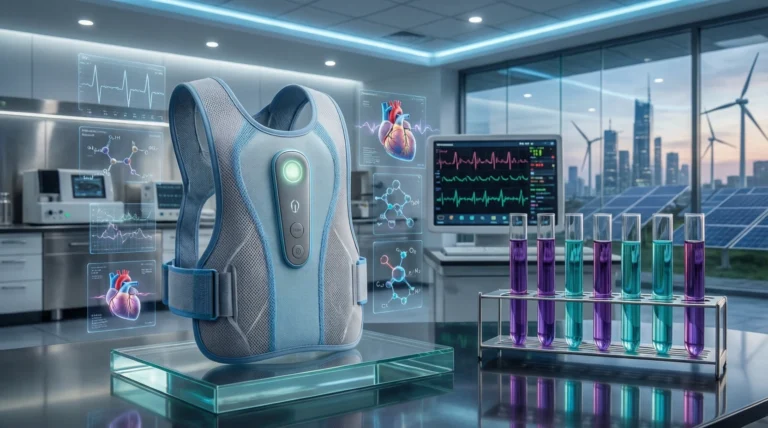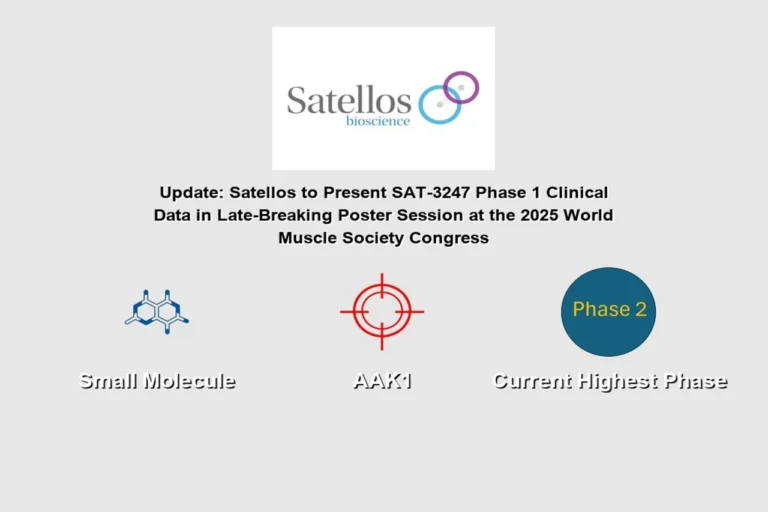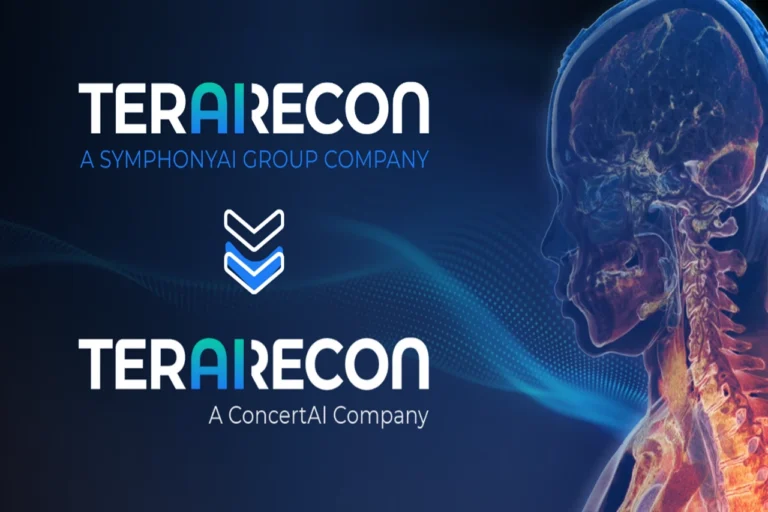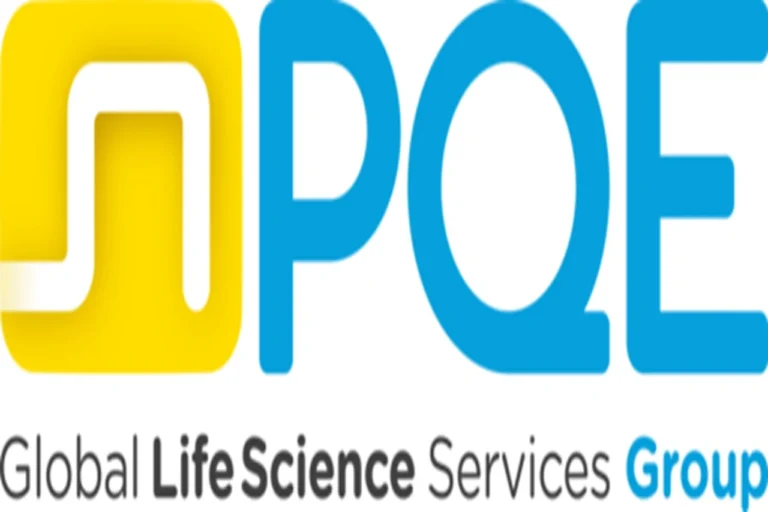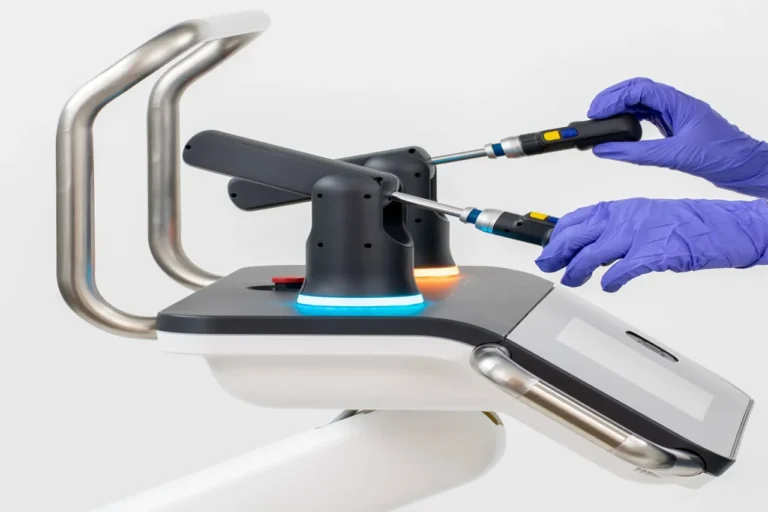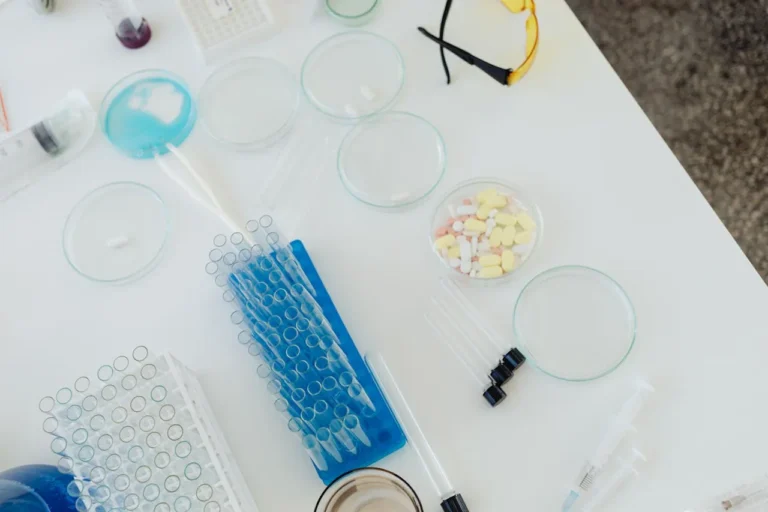
GC & Right Reactivation Pioneer Metal Recovery from Used Catalysts in Thailand
PTT Global Chemical Public Company Limited (GC) and Right Reactivation Public Company Limited (RRP) have achieved a major milestone by developing and commercializing a pioneering technology to extract valuable metals from spent catalysts used in the petrochemical production process. This breakthrough marks the first time such an initiative has been realized in Thailand and represents a critical advancement for the nation’s industrial sector, turning what was once considered industrial waste into valuable resources and contributing to a more sustainable, circular economy.
Catalysts play a vital role in petrochemical production, increasing process efficiency, reducing energy consumption, and minimizing environmental impact. These catalysts often contain rare and precious metals like platinum, palladium, and silver. However, once their active lifespan ends, they become known as “spent catalysts,” traditionally categorized as hazardous waste. Until now, Thailand lacked the technology to process these materials domestically. The common practice was to export them to specialized facilities abroad, incurring high costs and resulting in a significant loss of potential value for the Thai economy.
Recognizing both the environmental and economic opportunities, GC, a global leader in chemical innovation and sustainability, partnered with RRP, a specialist in regeneration technologies and advanced materials, to jointly develop a local solution. This initiative showcases their shared commitment to reducing environmental impact, enhancing industrial competitiveness, and supporting Thailand’s Bio-Circular-Green (BCG) Economy model, which emphasizes resource efficiency, innovation, and sustainable growth.
Under this groundbreaking collaboration, spent catalysts from GC’s petrochemical facilities were used as pilot raw materials. Utilizing safe, environmentally conscious processes entirely developed with Thai expertise, the initiative successfully recovered precious metals from the catalysts. This not only demonstrates the technical viability of such extraction within Thailand but also establishes a domestic capability that was previously nonexistent.
The recovered metals have significant commercial value and can be reused in various high-tech and industrial applications. By keeping this process within the country, Thailand can reduce dependence on international recovery services, save on logistical costs, retain more economic value locally, and set a precedent for further developments in waste resource valorization.
Dr. Kongkrapan Intarajang, CEO of GC, emphasized the importance of this achievement. “We are delighted and proud to be a part of this initiative’s success. This marks the first instance in which precious metals have been commercially recovered from used catalysts within Thailand. Our partnership with RRP is a testament to GC’s ongoing efforts to foster innovation that aligns with sustainable development. Through this integration of technology, knowledge, and local entrepreneurship, we are reinforcing our commitment to environmental stewardship and sustainable industrial growth.”
GC’s role has been crucial in transforming the conventional approach to waste management in the petrochemical industry. By transitioning from exporting waste to adopting a closed-loop model that recycles and reuses resources, GC is not only reducing its environmental footprint but also demonstrating the value of sustainable business practices. This initiative also enhances the company’s alignment with its long-term goal of becoming a high-value, low-carbon business.
On the other hand, Mr. Nattasit Thirakulvanich, Chief Executive Officer of RRP, highlighted how the collaboration has elevated the company’s capabilities. “Our work with GC has been instrumental in taking our conceptual technology from the laboratory to semi-industrial scale and ultimately to commercial reality. GC’s trust and support enabled us to apply our processes on real-world materials, helping us prove the feasibility and value of recovering precious metals domestically. This development not only tackles the challenge of hazardous waste but also adds tangible value, aligns with the circular economy, and promotes sustainable industrial practices in Thailand.”
The significance of this achievement was underscored during the “Urban Mining: Unlocking the Future with Precious Metal Recovery” event, where an official handover of extracted metals took place. The event served as a symbol of progress in sustainable resource management and underlined the strategic importance of local innovation in industrial transformation.
This initiative reflects GC’s corporate philosophy of being a “StandOut” leader—one that dares to think differently and acts boldly to create positive change across all dimensions of its business. The project not only contributes to the company’s competitiveness and environmental goals but also positions GC as a frontrunner in the shift towards a circular industrial ecosystem.
Thailand’s broader vision, as captured in its BCG Economy model, seeks to leverage the country’s strengths in biodiversity, cultural richness, and innovative potential to develop a resilient and sustainable economy. Projects like the GC-RRP collaboration align perfectly with this vision. By turning waste into resources, promoting domestic capabilities, and reducing environmental impact, the initiative acts as a catalyst for broader changes in industrial policy and resource management.
Looking ahead, the success of this project opens the door to further innovations in resource recovery and recycling technologies. It also encourages other industrial sectors to explore similar opportunities to transform their waste streams into valuable commodities. As the global economy becomes increasingly focused on sustainability and carbon neutrality, initiatives like this will not only bolster Thailand’s industrial resilience but also improve its standing in global environmental and economic rankings.
In summary, the collaboration between GC and RRP stands as a landmark achievement in Thailand’s move toward sustainable industrial development. It highlights the potential of local innovation, the benefits of strategic partnerships, and the importance of integrating environmental responsibility into core business operations. With the successful extraction of precious metals from spent catalysts now a commercial reality in Thailand, the future of circular resource use in the Thai industrial landscape looks more promising than ever.



